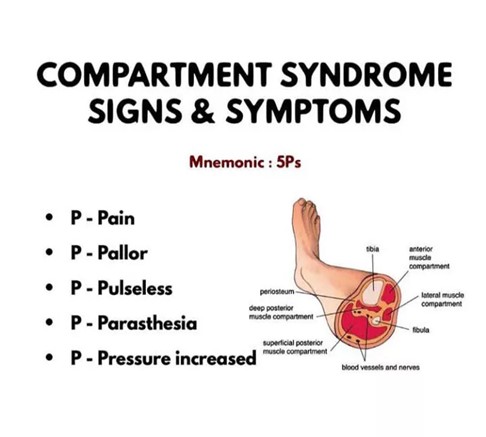A nurse is teaching a group of clients about osteoarthritis. Which of the following recommendations should the nurse include in the teaching?
Use Echinacea to manage joint pain.
Maintain a recommended body weight.
Apply ice to the joint before exercising.
Reduce the amount of purine in the diet.
The Correct Answer is B
A. Use Echinacea to manage joint pain:
Echinacea is a natural supplement, but its effectiveness in managing joint pain related to osteoarthritis is not well-established. It's important for individuals to consult their healthcare provider before using any supplements, as they may interact with medications or have other adverse effects.
B. Maintain a recommended body weight.
Maintaining a healthy body weight is an important recommendation for managing osteoarthritis. Excess weight puts additional stress on weight-bearing joints, such as knees and hips, which can worsen osteoarthritis symptoms. Losing weight, if necessary, or maintaining a healthy weight can help reduce joint pain and improve mobility in individuals with osteoarthritis.
C. Apply ice to the joint before exercising:
Applying ice can help reduce inflammation and provide pain relief, but it's typically used after exercising or during acute flare-ups, not necessarily before exercising. Heat is often recommended before exercise to warm up the joint and improve flexibility.
D. Reduce the amount of purine in the diet:
This recommendation is more relevant for managing gout, a different type of arthritis caused by the buildup of uric acid crystals in the joints. Purine-rich foods can trigger gout attacks but are not directly related to osteoarthritis. Osteoarthritis is primarily related to wear and tear of the joints over time.
Nursing Test Bank
Naxlex Comprehensive Predictor Exams
Related Questions
Correct Answer is A
Explanation
Explanation:
A. Promptly inform the primary provider:
Explanation: Compartment syndrome is a medical emergency that requires immediate intervention. If a nurse suspects compartment syndrome due to symptoms like severe unrelieved pain, absent pulses, and pale extremities, the most appropriate action is to promptly inform the primary healthcare provider. The provider can assess the situation, order necessary diagnostic tests, and potentially arrange for emergent interventions like fasciotomy to relieve compartment pressure.
B. Reassess the client's neurovascular status in 15 minutes:
Explanation: Waiting for 15 minutes to reassess the client's neurovascular status is not appropriate in this situation. Compartment syndrome can progress rapidly, leading to irreversible tissue damage within a short time frame. Delaying assessment and intervention can result in significant complications.
C. Warm the client's foot and determine whether circulation improves:
Explanation: Warming the foot is not appropriate in this context. Compartment syndrome is caused by increased pressure within the muscle compartment, leading to compromised circulation. Warming the foot will not address the underlying issue of elevated compartment pressure and can potentially worsen the condition by dilating blood vessels and increasing pressure further.
D. Reposition the client with the affected foot dependent:
Explanation: Repositioning the client with the affected foot dependent is contraindicated in compartment syndrome. Elevating the limb can worsen the condition by further restricting blood flow. The limb should be kept at or slightly below the level of the heart to maintain adequate perfusion until medical intervention can be initiated.

Correct Answer is ["200"]
Explanation
Weightinkg=Weightinlb÷2.2
Weightinkg=88÷2.2≈40
Calculate the dose of cefpodoxime:
The prescribed dose is 5 mg/kg.
Doseinmg=Weightinkg×Doseperkg
Doseinmg=40×5=200
The nurse should administer 200 mg of cefpodoxime.
Whether you are a student looking to ace your exams or a practicing nurse seeking to enhance your expertise , our nursing education contents will empower you with the confidence and competence to make a difference in the lives of patients and become a respected leader in the healthcare field.
Visit Naxlex, invest in your future and unlock endless possibilities with our unparalleled nursing education contents today
Report Wrong Answer on the Current Question
Do you disagree with the answer? If yes, what is your expected answer? Explain.
Kindly be descriptive with the issue you are facing.
